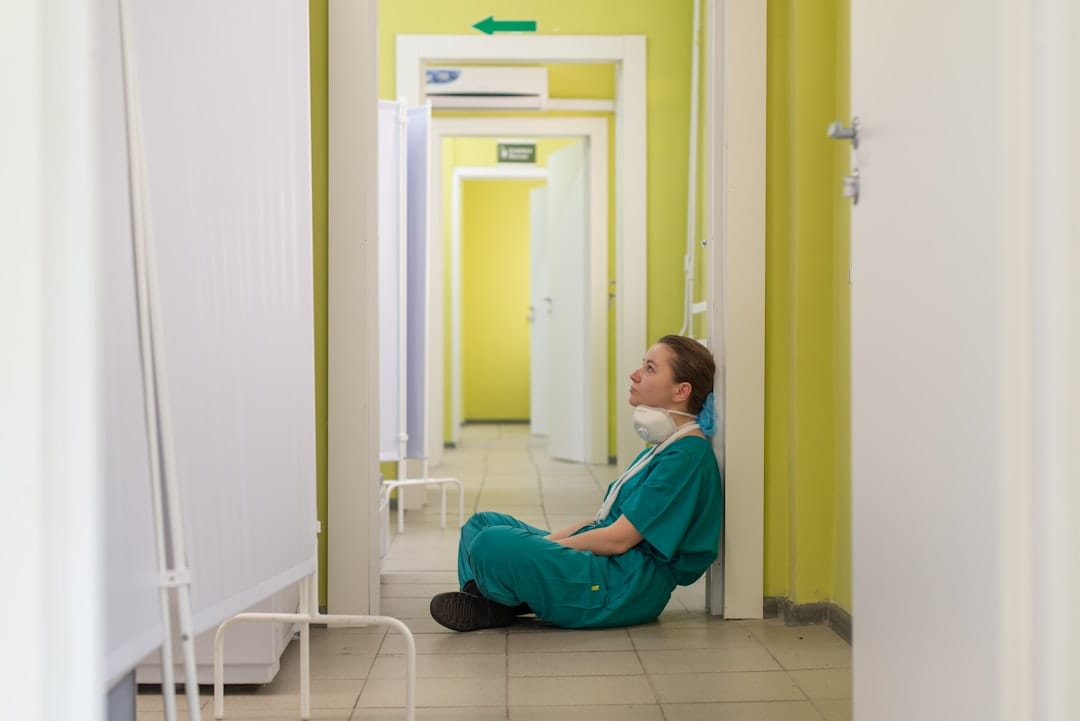Medications to Manage Frequent Urination: Options and Considerations
Frequent urination, characterized by the need to urinate more often than usual, can significantly impact daily life. This condition is particularly prevalent among individuals over 70 years old, pregnant women, and those with an enlarged prostate, known as benign prostatic hyperplasia. While…

Understanding the Causes
Frequent urination can stem from various causes, with urinary tract infections being the most prevalent. In older adults, an enlarged prostate can lead to increased urination frequency. Pregnancy also contributes to this condition due to hormonal changes and pressure on the bladder. Identifying the root cause is crucial for determining the appropriate treatment approach.
Non-Surgical Treatments
Before considering medications, non-surgical treatments are often recommended. These include lifestyle changes such as reducing fluid intake before bedtime and avoiding bladder irritants like caffeine and alcohol. Pelvic floor muscle training, commonly known as Kegel exercises, can strengthen the muscles that control urination. Bladder training, which involves scheduled bathroom visits and gradually increasing the time between them, can also help manage symptoms.
Medications for Overactive Bladder
When conservative treatments do not provide relief, medications may be considered. For overactive bladder, anticholinergics and beta-3 adrenergic agonists are commonly prescribed. Anticholinergics work by relaxing the bladder muscles, reducing the urge to urinate. Beta-3 adrenergic agonists also help relax the bladder, allowing it to hold more urine and reducing the frequency of urination.
Addressing Urinary Tract Infections
Phenazopyridine is a medication used to relieve the discomfort associated with urinary tract infections, such as pain, burning, and irritation. While it can alleviate symptoms of urgent and frequent urination, it does not treat the infection itself. Therefore, it is often used in conjunction with antibiotics that target the underlying bacterial cause of the UTI.
Medications That May Increase Urination
Certain medications can inadvertently increase urination as a side effect. Diuretics, for instance, are designed to remove excess fluid from the body, thereby increasing urine output. Other medications that may lead to increased urination include sodium-glucose cotransporter-2 (SGLT2) inhibitors, lithium, calcium channel blockers, and some antidepressants. Patients experiencing frequent urination should review their medications with a healthcare provider to determine if any adjustments are necessary.
Conclusion
Frequent urination can be a disruptive condition, but understanding its causes and exploring various treatment options can help manage its impact. From lifestyle changes and pelvic floor exercises to medications targeting specific issues, there are multiple avenues for relief. Consulting with a healthcare provider is essential to tailor the treatment plan to the individual's needs and underlying health conditions.
FAQs
**What is the most common cause of frequent urination?**
Urinary tract infections (UTIs) are the most common cause of frequent urination.
**Can medications cause frequent urination?**
Yes, certain medications, such as diuretics, SGLT2 inhibitors, lithium, calcium channel blockers, and some antidepressants, can increase urination as a side effect.
**Are there non-medication treatments for frequent urination?**
Yes, non-surgical treatments include lifestyle changes, pelvic floor muscle training, and bladder training, which can help manage symptoms without medication.
References
https://www.mayoclinic.org/diseases-conditions/urinary-incontinence/in-depth/bladder-control-problems/art-20044220
https://my.clevelandclinic.org/health/symptoms/15533-frequent-urination
https://www.mayoclinic.org/diseases-conditions/overactive-bladder/diagnosis-treatment/drc-20355721
https://www.nhs.uk/conditions/urinary-incontinence/treatment/
https://www.medicalnewstoday.com/articles/316843
https://www.webmd.com/urinary-incontinence-oab/frequent-urination-causes-and-treatments
https://www.niddk.nih.gov/health-information/urologic-diseases/bladder-control-problems-bedwetting-children/treatment
https://medlineplus.gov/druginfo/meds/a682231.html
https://www.goodrx.com/drugs/side-effects/medicines-that-can-make-you-pee